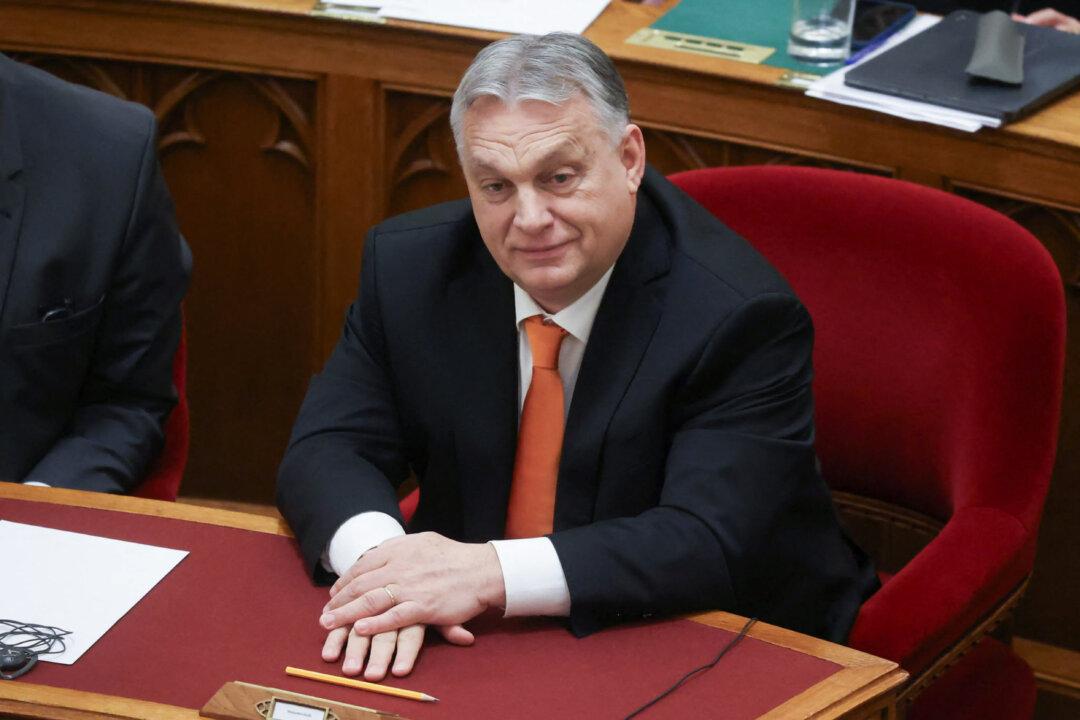Hungary will draft new legislation to protect national sovereignty and move to uncover foreign funding and influence in its media, Hungarian Prime Minister Viktor Orban said on Feb. 24.
U.S. President Donald Trump’s decision to freeze most funds disbursed by the U.S. Agency for International Development (USAID) for 90 days, place most of its staff on leave, and scale down the agency has thrown some nongovernmental organizations (NGOs) worldwide into a state of operational and financial limbo.





